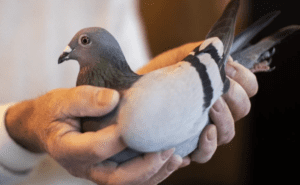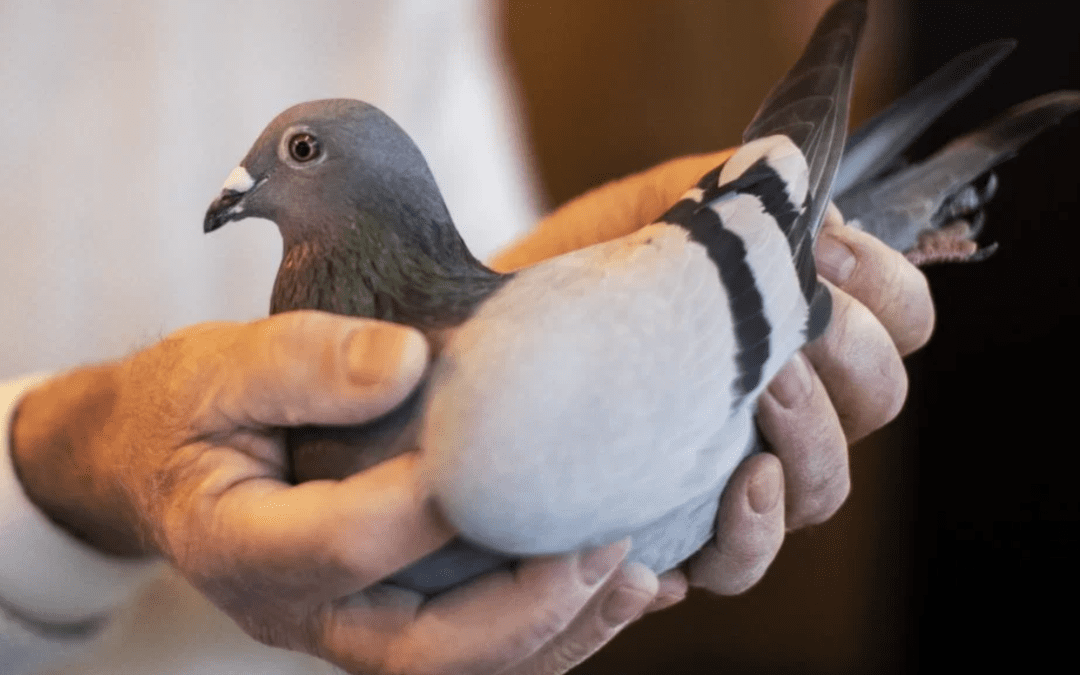Animals can be entertaining and educational. But children, especially children under 5 years of age, are more likely to get sick from germs animals can sometimes carry. Children can learn a lot from animals, and it’s important to make sure they stay safe and healthy while they’re learning. If you plan to have an animal in your classroom, whether it’s a class pet or for a hands-on learning experience, be aware of the risks and how to prevent illness. You can help kids enjoy and learn from animals while staying healthy.

Animals can sometimes spread germs
Animals can sometimes carry germs that can make people sick, even if they look clean and healthy. You don’t have to touch an animal to get sick – the germs can spread to cages, bedding, and wherever animals roam.
There have been disease outbreaks from hatching eggs and chicks in the classroom and from contaminated animal products used for hands-on learning, such as owl pellets for dissection. Salmonella and E. coli are common germs spread by animals.
How to prevent germs from spreading in the classroom
- Do not bring reptiles, amphibians, poultry, rodents, or ferrets into schools, daycare centers, or other settings with children under 5 years of age.
- Adults should always supervise children’s contact with animals. Never allow children to put their hands or objects (including pacifiers) in their mouth while around animals.
- Create specific areas for interaction with animals. Do not allow animals to roam freely around the classroom, especially in areas where food or drink is prepared, served, or eaten.
- Do not dissect animals or other animal products where food for people is prepared, served, or eaten. Thoroughly clean and disinfect surfaces used for dissection.
- Consult with parents to determine special considerations for children who have allergies, asthma, or other illnesses.
- Students should wash their hands with water and soap right after handling animals, their food, or their habitats (for example, cages, terrariums, aquariums, water bowls, and toys).
- When around animals, also wash hands after removing dirty clothes or shoes, before eating and drinking, and before preparing food or drinks.
- Adults, including teachers, should always supervise handwashing for young children.
- Use hand sanitizer if running water and soap are not available. If you only use hand sanitizer, be sure to wash your hands with soap and water as soon as possible.
- Clean and disinfect all areas where animals have been.
- Do not clean tanks, feeders, water containers, and other equipment in sinks or areas where food is prepared, served, or eaten.
Check that animals are healthy before bringing them into school
- Animals can look clean and healthy and still spread germs. Make sure all animals have appropriate and regular veterinary care, and proof of rabies vaccination for dogs and cats, according to local or state requirements.
- If the animal comes from a different state or country, it may need a health certificateexternal icon issued by a veterinarian to travel across state lines or to enter the United States.
- Check local regulations, as well as school policies, before bringing animals into schools.
- If the animal becomes sick or dies:
- Contact your veterinarian.
- Take extra precaution when handling a sick animal because a sick or stressed animal is more likely be shedding harmful germs that can make people sick or to bite which can cause injury or spread germs.
- Inform the pet store or breeder about the animal’s illness or death as soon as possible. Consider waiting before purchasing another pet from the same source.
- Clean and disinfect the cage before reusing with another animal.
- If the animal bites someone:
- Wash wounds with warm soapy water immediately.
- Seek medical attention if:
- The animal appears sick.
- You don’t know if the animal has been vaccinated against rabies.
- The wound is serious.
- The wound becomes red, painful, warm or swollen.
- It has been more than 5 years since your last tetanus shot.
Pigeon Patrol Products & Services is the leading manufacturer and distributor or bird deterrent (control) products in Canada. Pigeon Patrol products have solved pest bird problems in industrial, commercial, and residential settings since 2000, by using safe and humane bird
deterrents with only bird and animal friendly solutions. At Pigeon Patrol, we manufacture and offer a variety of bird deterrents, ranging from Ultra-flex Bird Spikes with UV protection, Bird Netting, 4-S Bird Gel and the best Ultrasonic and audible sound devices on the market today.
Voted Best Canadian wholesaler for Bird Deterrent products ten years in a row.
Contact us at 1 877-4-NO-BIRD,(604) 585-9279 or visit our website at www.pigeonpatrol.ca
Pigeon/Pigeon Patrol / Pigeons Roosing / Vancouver Pigeon Control / Bird Spikes / Bird Control / Bird Deterrent / PIgeon Deterrent / Surrey Pigeon Control / Pest / Seagull deterrent / Vancouver Pigeon Blog / Birds Inside Home / Pigeons in the cities / Ice Pigeons / What to do about pigeons / sparrows, Damage by Sparrows, How to Keep Raccoons Away, Why Are Raccoons Considered Pests / De-fence / Pigeon Nesting / Bird Droppings / Pigeon Dropping / woodpecker control / Professional Bird Control Company / Keep The Birds Away / Birds/rats/seagull/pigeon/woodpecker/dove/sparrow/pidgeon control/pidgeon problem/pidgeon control/flying rats/pigeon problems/ bird netting/bird gel/bird spray/bird nails/bird guard

